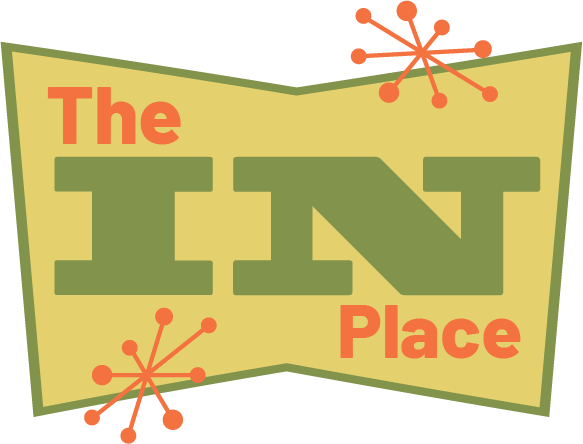Winner: MindMeister
1. MindMeister: This is my winner. It just looks so clean. It was easy to use. I like that you can set it to flow in any direction, not just down like in Mindomo. The size, shape, layout of the different levels really works for me. Yet it is plenty customizable. Floating topics are no problem. As you can see, it is the only app where I actually finished planning the Thanksgiving dinner. That tells me that it was the easiest and most functional. Unfortunately, you get very few free maps… and then lots of emails about upgrading. But, I think I’m sold enough to buy the pro version…maybe. I’ll get back to you when I see what it costs. Here’s a shot of my menu planning. By the way, I’m reconsidering 2nd and 3rd places. I’m using Mindmup more than Mindomo. That tells me that I like it more. Both have advantages. Try all three!
